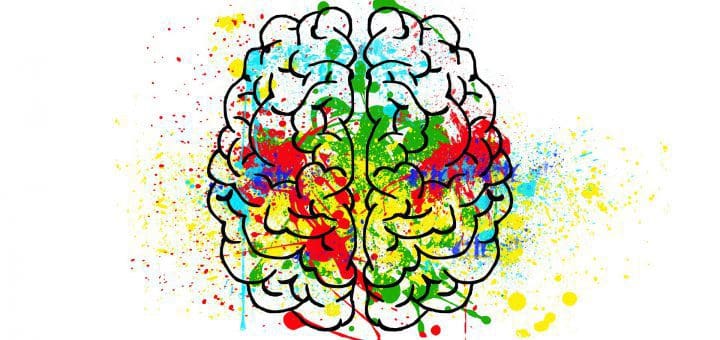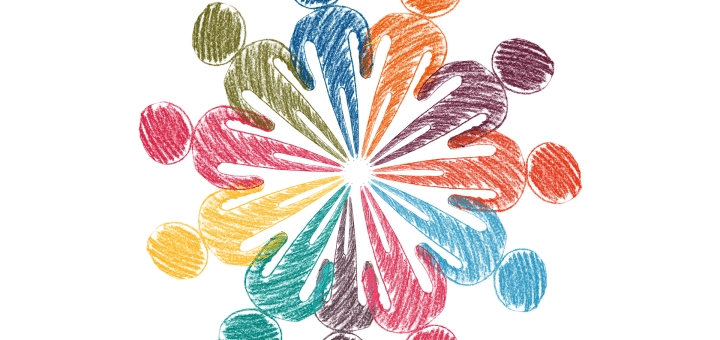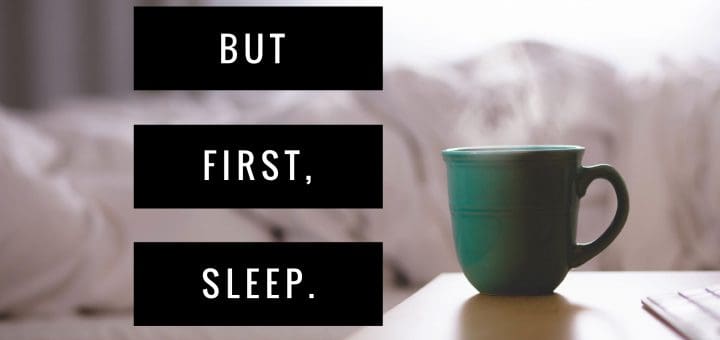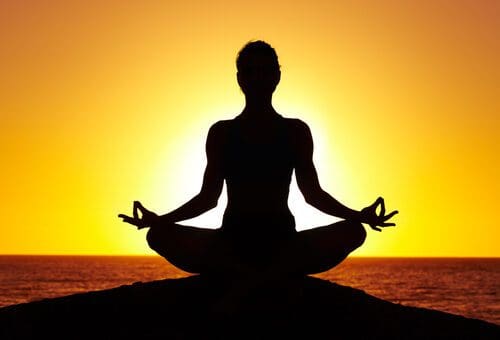Decatastrophizing
Cognitive distortions describe patterns of thinking that skew from the reality of a situation in a negative way. We have talked about different types of cognitive distortions as well as the importance of challenging them before. Although commonly experienced, cognitive distortions stretched to their extremes contribute to psychopathology.











Recent Comments